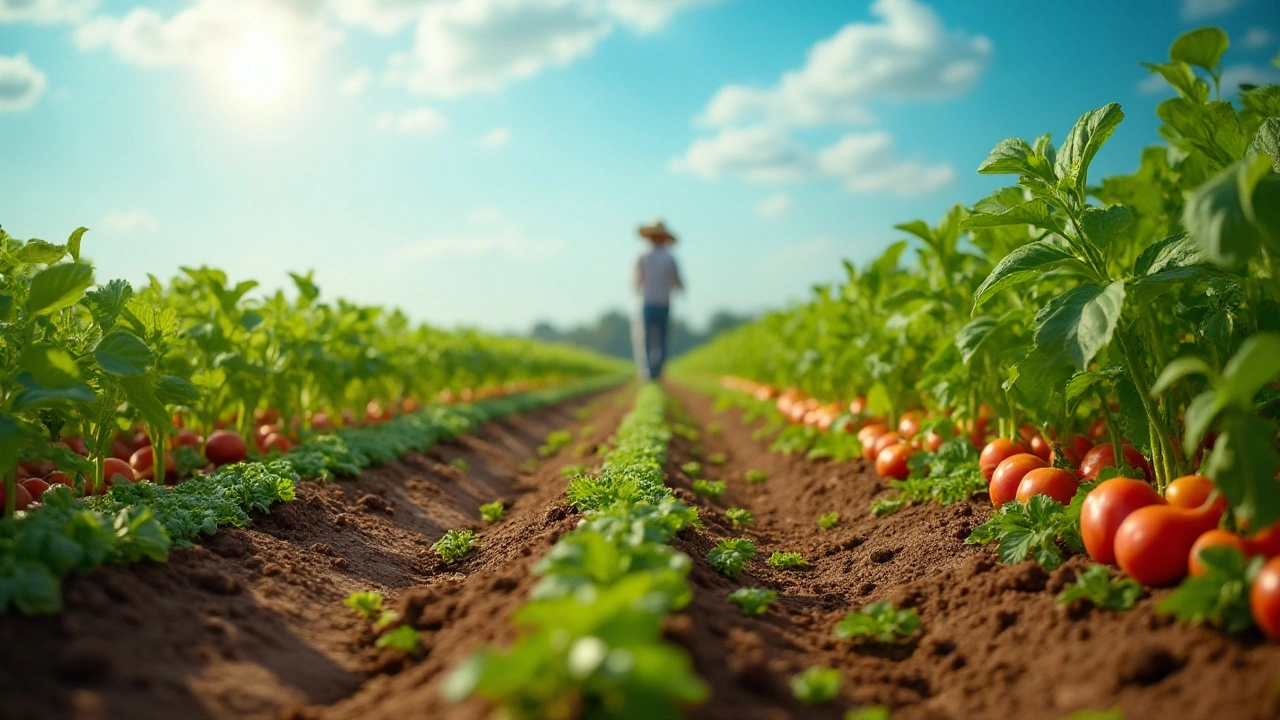India's diverse climate makes it ideal for cultivating a variety of high-value crops. Some crops offer exceptional returns for farmers looking to maximize profits. Discover the most lucrative vegetable options and learn essential tips for successful cultivation. Harness the potential of the Indian agricultural landscape for a profitable venture.
Farming Tips India: Practical Advice for Indian Farmers and Gardeners
When it comes to farming tips India, practical, locally tested methods for growing crops and maintaining gardens in India’s varied climate. Also known as Indian agricultural practices, it’s not about fancy equipment or imported seeds—it’s about understanding your soil, season, and space. Whether you’re tending a five-acre field or a balcony pot, the same rules apply: work with nature, not against it.
Organic farming India, growing food without synthetic chemicals by using compost, crop rotation, and natural pest control. Also known as chemical-free agriculture, it’s not a trend here—it’s tradition. Farmers across Maharashtra, Punjab, and Kerala have used cow dung manure, neem spray, and intercropping for generations. And now, with water scarcity rising, these methods aren’t just eco-friendly—they’re essential. Sustainable agriculture, farming that meets today’s needs without harming future productivity. Also known as climate-smart farming, it’s what keeps smallholders alive during droughts and floods. Drip irrigation, mulching, and native seed saving aren’t optional anymore—they’re survival tools. You won’t find these tips in glossy magazines. You’ll find them in village markets, on WhatsApp groups of farmers, and in the quiet routines of those who’ve learned by watching the land.
What you’ll find below isn’t theory. It’s what actually works. From fixing clogged drip lines in Tamil Nadu to choosing the right balcony direction in Delhi, these posts cover real problems real farmers face. You’ll learn which plants bloom all year in India, how to loosen heavy clay soil with simple amendments, why rice can’t regrow on its own, and how to stop rabbits from eating your zinnias without spraying chemicals. There’s no fluff. No jargon. Just clear, direct advice—tested in Indian heat, monsoons, and small urban yards.
